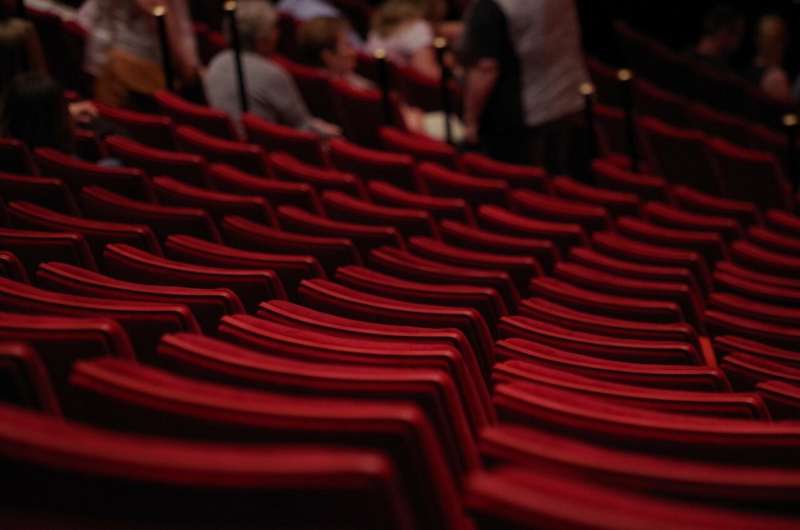
Giving performers copyright over their work could protect them from deepfake technology, study shows

AI and other technology is increasingly being used to make fabricated videos or sound recordings that imitate the likeness of a person’s face, voice or performance by manipulating authentic footage using machine learning technology.
Regulating the abusive use of deepfake technology is challenging because it was unforeseen by intellectual property policy-makers at the time current laws were designed.
Currently performers are legally entitled to control the records made of their work, but this doesn’t apply to digital impersonation such as those generated by deepfakes.
New research by Dr Mathilde Pavis, from the University of Exeter Law School, suggests existing performers’ legal rights should be reformed, so they have copyright over their performances instead.
The research is published in Convergence: The International Journal of Research into New Media Technologies.
The study says reforming performers’ rights would be a sophisticated response to the challenges posed by deepfake technology. This would mean performers and others could better use positive aspects of deepfake technology for creative expression, or entertainment in television, films, video games or social media.
Dr Pavis says that “the regime of performers’ rights could be replaced with a regime of performers’ copyright. This small, yet important, change in legal regimes can be the difference between piecemeal, uneven and, therefore, ineffective protection against unauthorized deepfakes and a harmonized international approach to the technology.”
“This reform would offer a comprehensive and more sustainable legal response to deepfakes. It would simplify the structure of intellectual property by removing a sub-category of intellectual property right – performers’ rights – and integrating it into the more-established regime of copyright. It would remove the archaic divide placed between authors and performers, which has no legitimate justifications today.”
“This reform would create transferable property rights over the performance and likeness of the deepfaked persons. There will need to be safeguards included, such as preventing or limiting the complete transfer of rights to third parties.”
Performers’ rights currently protect the recording of a performance and the reproductions (or copies) of that recording. Performers can only control the fixed, recorded, version of their performance. The content of the recording, the performance, is not protected and can be re-performed and imitated without consequences under performers’ rights. This means that a performer has no intellectual property right to the substance or style of their performance.
Deepfakes challenge the framework of performers’ rights because performances are reproduced without generating a ‘recording’ or a ‘copy’ of a recording. AI systems used to generate deepfakes do not record performances or copy recordings of performances. They reproduce performances without reproducing the recordings of those performances so fall outside the scope of protection afforded by performers’ rights.
Including the making of deepfakes within the scope of activities controlled by performers’ rights would require a modification of the statutory provisions defining the right to record a performance, and the right to make copies of these recordings to ensure that it covers reproduction of the performance itself, or at least references reproduction of performances via synthetisation.
Mathilde Pavis, Rebalancing our regulatory response to Deepfakes with performers’ rights, Convergence: The International Journal of Research into New Media Technologies (2021). DOI: 10.1177/13548565211033418
Citation:
Giving performers copyright over their work could protect them from deepfake technology, study shows (2021, September 2)
retrieved 2 September 2021
from https://techxplore.com/news/2021-09-copyright-deepfake-technology.html
This document is subject to copyright. Apart from any fair dealing for the purpose of private study or research, no
part may be reproduced without the written permission. The content is provided for information purposes only.
Stay connected with us on social media platform for instant update click here to join our Twitter, & Facebook
We are now on Telegram. Click here to join our channel (@TechiUpdate) and stay updated with the latest Technology headlines.
For all the latest Technology News Click Here
For the latest news and updates, follow us on Google News.

